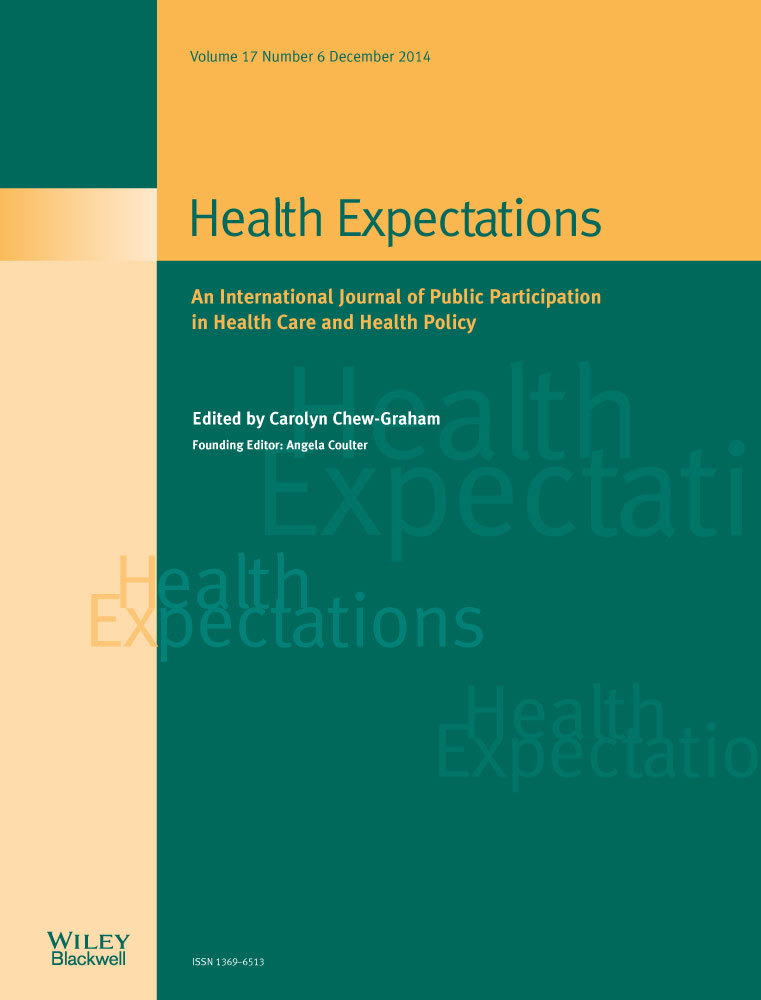Do people really know what makes a family history of cancer?
Abstract
Background
Family history is often referred to as a family tree in casual everyday conservations, but it carries a different connotation in medicine. This study is the first to investigate people's understanding of ‘family medical history’ and the concept of ‘family’ in the context of inherited cancer.
Methods
Three hundred and nine staff at the Faculty of Medicine and Health, University of Leeds completed an online web survey.
Results
Not all respondents understood or knew what makes a family history of cancer. Only 54% knew exactly the type of information required to make a family history. Apart from blood relatives, adopted and step-siblings, step parents, in-laws, spouses, friends and colleagues were also named as ‘family’ for family history taking. Personal experience of living with cancer and academic qualification were not significant in influencing knowledge of family history.
Conclusions
There is misunderstanding and poor knowledge of family history of cancer and the type of information required to make a family history even in a sample of people teaching and researching medicine and health issues. Public understanding of the value of family medical history in cancer prevention and management is important if informed clinical decisions and appropriate health care are to be delivered.




